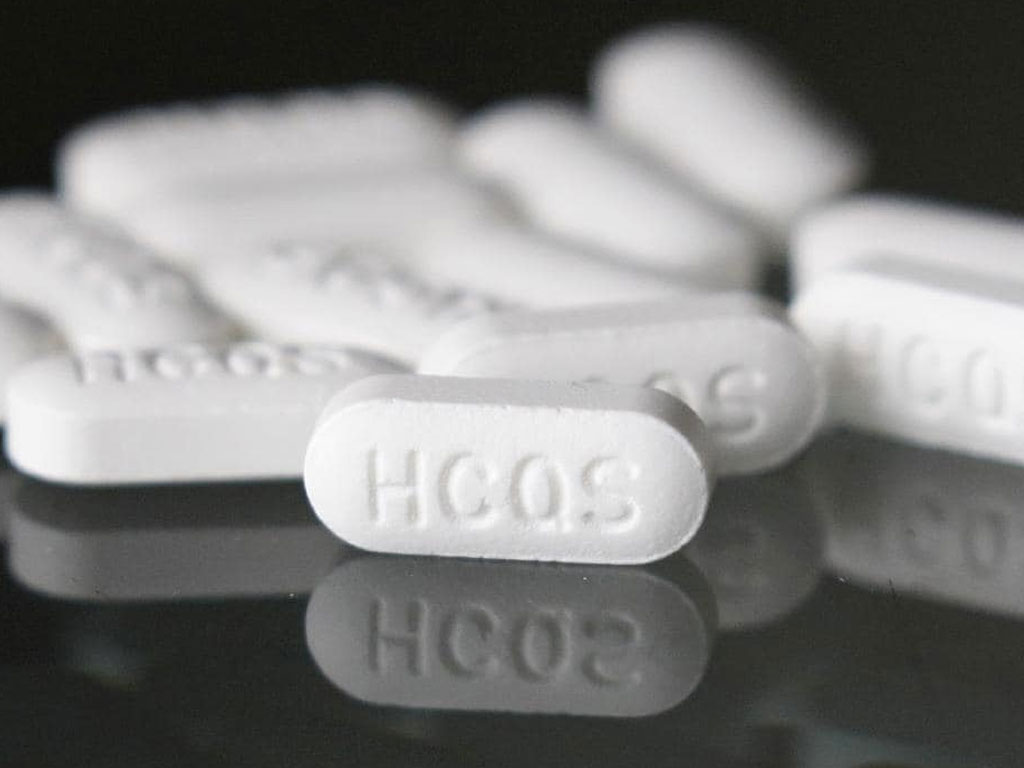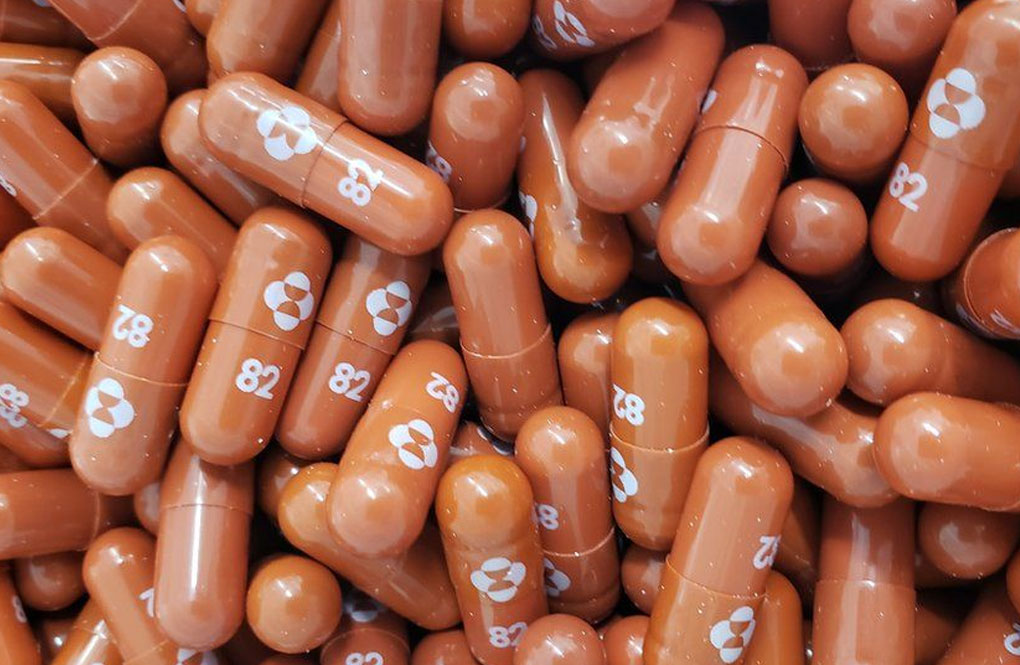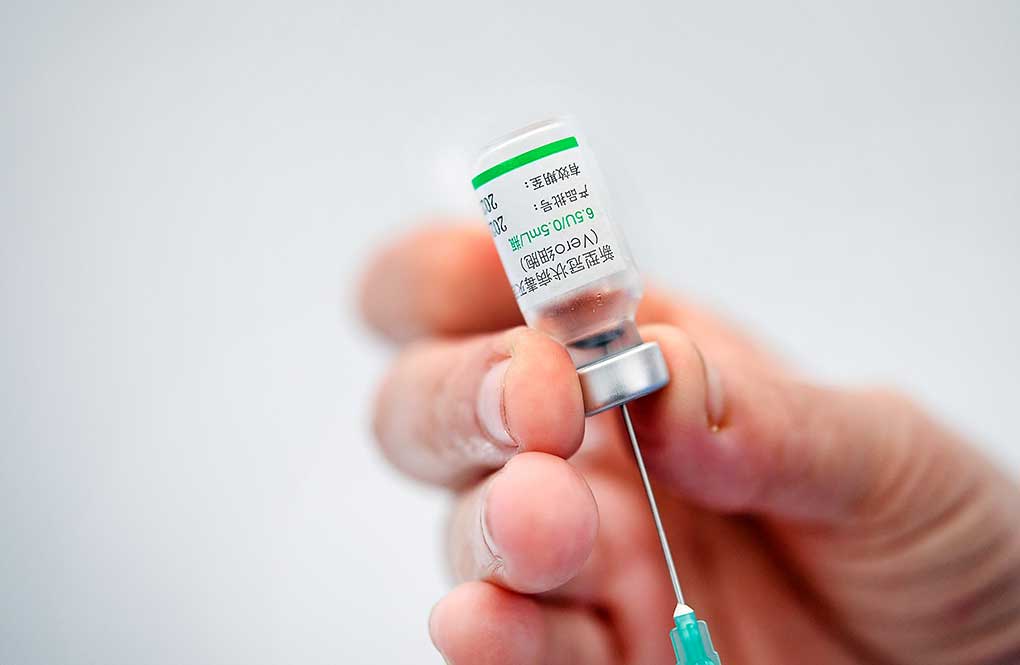Leaders of a large study in the United Kingdom that is rigorously testing the malaria drug hydroxychloroquine and other medicines for hospitalized COVID-19 patients say they will stop putting people on the drug because it’s clear it isn’t helping.
Results released Friday from 1,542 patients showed the drug did not reduce deaths, time in the hospital or other factors. After 28 days, 25.7% on hydroxychloroquine had died versus 23.5% given usual care — a difference so small it could have occurred by chance.
The results “convincingly rule out any meaningful mortality benefit,” study leaders at the University of Oxford said in a statement.
The results have not been published; the statement said full details will be provided soon. No information on safety was given.
Hydroxychloroquine has long been used for malaria, lupus and rheumatoid arthritis but is not known to be safe or effective for preventing or treating coronavirus infection. It has been heavily promoted by President Donald Trump and can cause potentially serious side effects, including heart rhythm problems.
Many recent studies have suggested it does not help treat COVID-19, but they are mostly weak and observational. A very large one suggesting the drug was unsafe was retracted by the journal Lancet on Thursday amid questions about the truthfulness of the data.
The Oxford study is the largest study so far to put hydroxychloroquine to a strict test.
More than 11,000 patients in England, Scotland, Wales and Northern Ireland were randomly assigned to get either standard of care or that plus one of these treatments: hydroxychloroquine, the HIV combo drug lopinavir-ritonavir, the antibiotic azithromycin, the steroid dexamethasone, the anti-inflammatory drug tocilizumab, or plasma from people who have recovered from COVID-19 that contains antibodies to fight the virus.
Independent monitors met Thursday night to review results so far and recommended ending the hydroxychloroquine part of the study because results from 80% of participants suggested continuing was futile.
“Although it is disappointing that this treatment has been shown to be ineffective, it does allow us to focus care and research on more promising drugs,” study leader and Oxford professor Peter Horby said in a statement.
The research is funded by government health agencies in the United Kingdom and private donors including the Bill and Melinda Gates Foundation.
The World Health Organization is leading a similar study testing hydroxychloroquine and several other therapies versus standard of care. More than 3,500 patients in 35 countries have enrolled.
WHO chief scientist Dr. Soumya Swaminathan said researchers would consider the full Oxford results once they’re available but for now will continue its own study as is.
AP Medical Writer Maria Cheng contributed to this report.
(AP)













